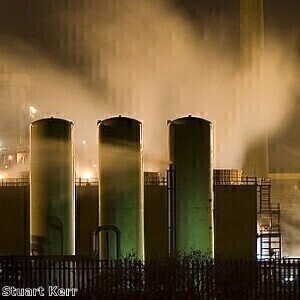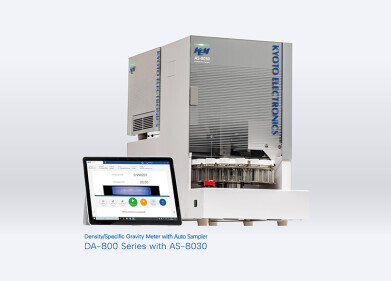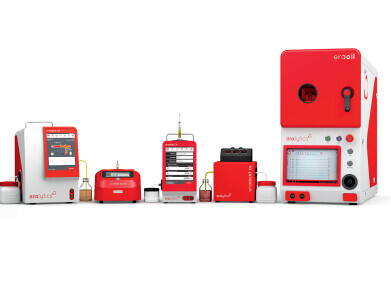Analytical Instrumentation
Which New Technology is Improving Filtration for Lubricants?
Dec 08 2022
For those working in the industry, the filtration of lubricants has always been commonplace. With mounting pressure to reduce the amount of waste that firms produce, as well as squeezes on operating costs, filtration is taking on new significance as it can increase the longevity of oil and therefore lower costs and mitigate environmental impact. As a result of this new demand, innovative filtration technologies, like double separation (DST), are emerging that are capable of removing ever-smaller contaminants from lubricating oil. To paint in the broadest strokes, DST uses a chemical booster, installed within a filter element, to attract and aggregate small particles. These particles can then be easily absorbed or sedimented depending on the filtration technology used. For example, some of the products on the market use absorption to remove micro- and nano-sized particles, as well as varnish and water, in an offline kidney loop solution. The particles are absorbed in the filter element, allowing for effective removal.
Typically, DST is an offline filtration technology, also known as kidney loop filtration, which involves drawing lubricants from a reservoir, filtering them, and returning them to the reservoir. However, there are challenges in comparing different technologies for offline filtration, as there are no standards for benchmarking or improving products for offline methods. In lieu of such standards, then, what might be considered the essentials of an offline filter? Firstly, it must have the ability to keep particles trapped in the event of start-stop conditions or other changes to the system. Secondly, it must maintain optimal flow according to the volume and ingress of contaminants. Thirdly, rigorous testing must have been completed with contaminants that very closely mimic real-life contaminants. Lastly, it must maximise dirt-, water- and varnish-holding capacity without compromising oil cleanliness.
Historically, oil maintenance focused on viscosity and operating time, but enhanced filtration technologies like DST can extend the useful life of lubricating oils, which reduces the total cost of oil. With this technology, operators won’t need to replace the oil as frequently as they did in the past, or even at all. A life-cycle analysis has shown that not replacing one cubic meter of industrial oil can save 3,800 kilograms of carbon dioxide from being emitted. Of course, operators can replace the additives if too many are consumed, but the base oil will remain useable. Additionally, the absence of the particles causing wear can improve the longevity of bearings and seals, which is of particular benefit to the maritime industry where leakage is of paramount concern.
Overall, then, double separation technology offers a wealth of benefits to those in the lubricant sector looking to lower costs and increase longevity. However, as this technology becomes more widely used, new standards for this form of offline filtration measurement must be developed.
Digital Edition
PIN 25.1 Feb/March
March 2024
In This Edition Safety - The technology behind the ION Science Tiger XT - Safety with ammonia and LOHCs as hydrogen carriers Analytical Instrumentation - Discussion on new tribology te...
View all digital editions
Events
Apr 28 2024 Montreal, Quebec, Canada
Apr 30 2024 Birmingham, UK
May 03 2024 Seoul, South Korea
May 05 2024 Seville, Spain
May 06 2024 Riyadh, Saudi Arabia


















